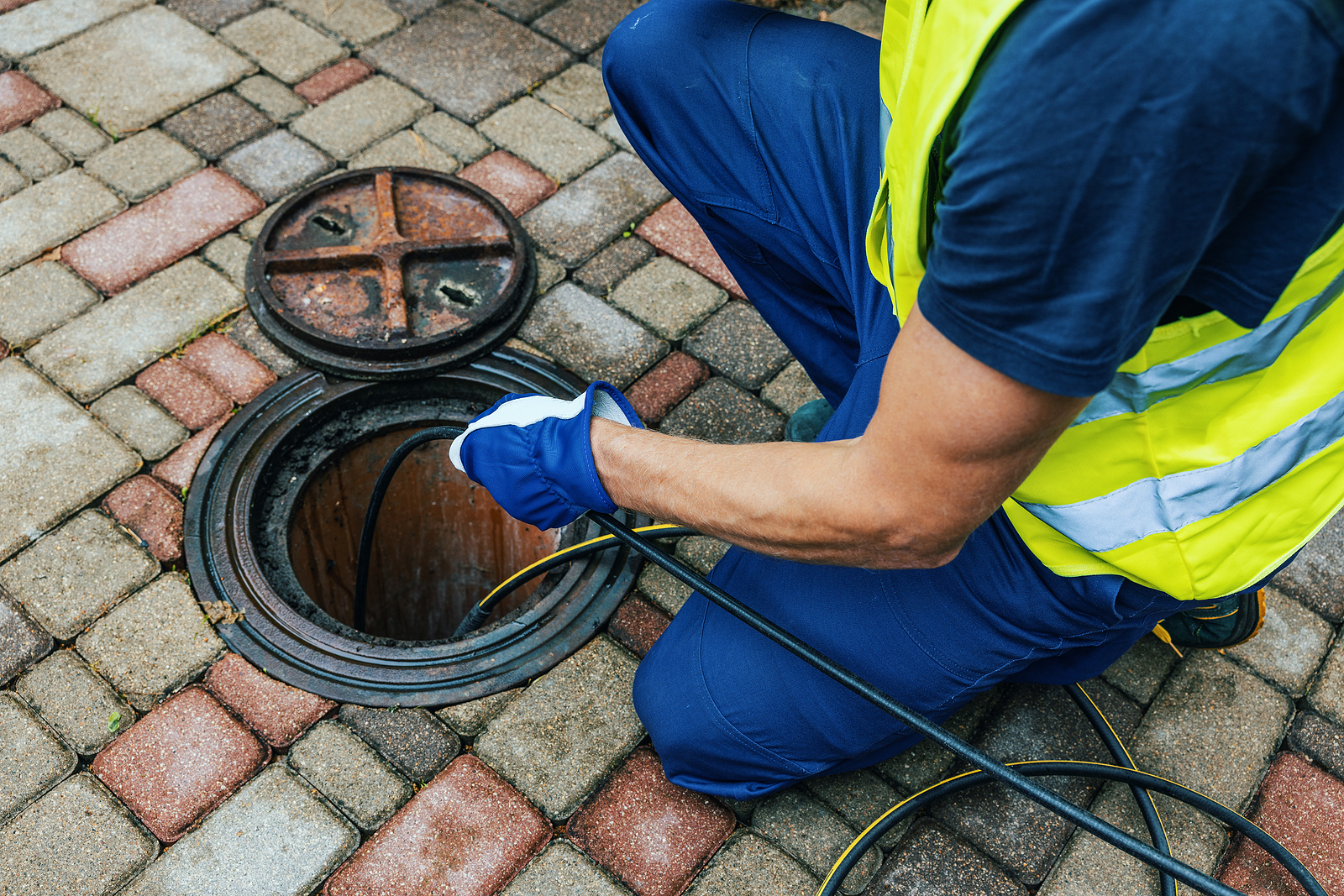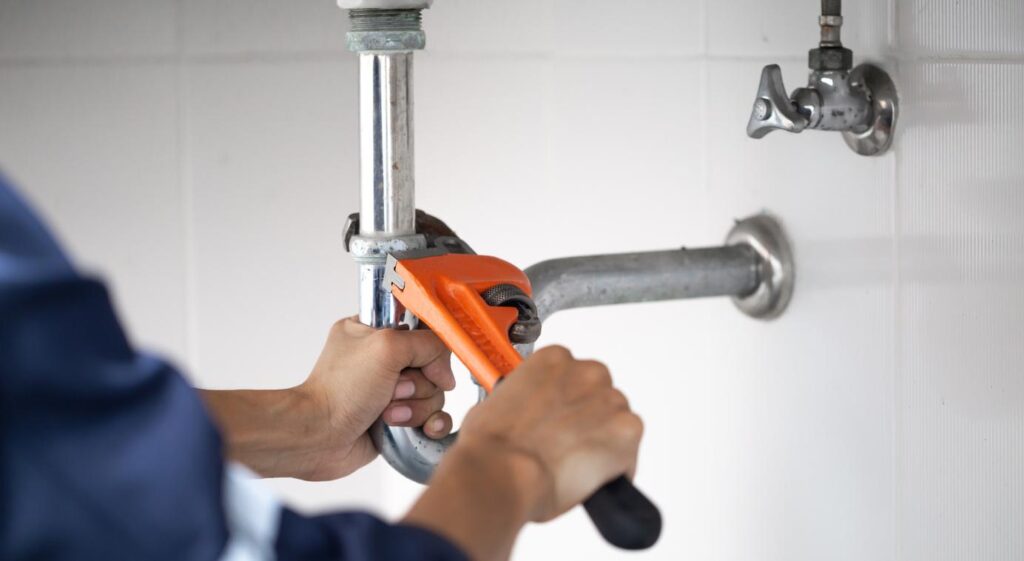Specialist food and drink retailers saw 38% spending growth in April
Consumer spending dropped 36% year-on-year in April, but supermarkets and food and drink retailers continued to grow, according to Barclaycard data.
The biggest reductions were in non-essential spending on fuel, travel, and pubs, which fell 59%, 87% and 97% respectively, as people followed government advice to stay home during the coronavirus pandemic.
But supermarkets saw a sales boost of 14% as Brits made larger shops and prepared more meals at home. This has also benefited food and drink specialists – including off-licences, greengrocers, independent convenience stores, butchers and bakeries – which saw 38% growth.
This was helped by Brits continuing to support local businesses, with more than half saying the current environment made them realise how much they value these shops.
READ MORE: UK’s lowest earners have been hardest hit by virus
UK adults are now planning to spend more in local retailers, including butchers (27%), cafés and restaurants (26%), and farmers’ markets (23%) when restrictions are lifted.
And although home improvement and DIY declined by 42%, Brits are still taking advantage of this time to smarten up their homes and gardens, as online spend in this area increased by 26%.
Digital subscriptions continued sell my house fast jacksonville to increase with 50% growth, and online spend for eating and drinking – which includes takeaways – rose by almost 25%.
With many shops closed and commuting limited, almost nine in 10 UK adults have saved money on everyday expenses since the lockdown began.
Nearly a third of those are putting the money into savings; 23% towards their next holiday; and nearly one in 10 are planning to buy their family a treat.
READ MORE: Canary Wharf creates plan for workforce return
Esme Harwood, director at Barclaycard, said: “It’s been a tough time for retailers as consumer spending has dropped considerably under lockdown.
“There are some bright spots, though, as Brits have turned their focus online and looked to takeaways, digital subscriptions and DIY to keep entertained and occupied. A renewed sense of community may be welcome news for independent businesses, with a growing desire to support local stores in life after lockdown.”
High street fashion retailers have been some of the worst hit with companies. For example, M&S has snapped up warehouse space to ‘hibernate’ stock until next year.








